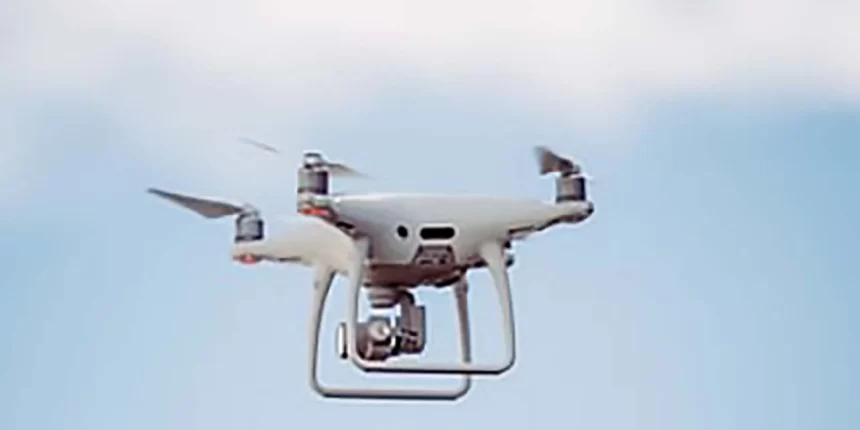It has been crucial to satisfy and remain relevant to the ever-increasing demands of customers for any company, regardless of their vertical industries. CRM will be one of the most intense topics this year, due to the current business challenges and also the fierce competition between companies. As the success rate of one’s CRM will be the defining factor for the entire business outcome. When CRM pushes forward to become more cost-effective, user-friendly, and easier to implement, 2020 is expected to empower more businesses with its capabilities.
From small businesses to global companies, CRM is being embraced by sales and marketing teams to deliver better customer experiences, attract and retain customers, and gain new customer-centered insights that transform their businesses for the better. Customers are shifting profoundly, and it goes beyond mere demographics. There is a shift in how both Business-to-Business (B2B) and Business-to-Consumer (B2C) customer groups choose who and why they buy from one company or another, as well as when they purchase. To tackle that information, you have to collect it — that is where CRM comes in.
Here are some of the developments in CRM innovations that are going to disrupt the current and predictable future market.
CRM Integration with Big Data and AI-enabled Analytics
Since data has become the bread and butter for industry-wide, a real CRM success depends more on how well the data can be used. Bridging the gap between strategies and big data, CRM developments can provide organizations with full data-driven insights into their customers by incorporating AI-driven analytics, enabling better customer engagement with real customer behavior insights. Customer Relation Management (CRM) is thus set for a whole new level. AI will assist current conversational technologies in helping businesses handle their customers digitally and substantially reduce the time spent on manual works. Advanced chatbots using natural language processing technologies and machine learning will change how customer questions were traditionally used to manage.
Augmented Reality and Virtual Reality in Marketing and Sales Strategies
AR and VR can significantly enhance the rate of customer conversion by improving experience to a whole new level if incorporated in the CRM framework. Smart mirrors that retailers use today are one of the Virtual Reality Technology’s popular use cases. If we are talking about Augmented Reality, coaching and sales training would significantly improve the effectiveness and performance. AR and VR are changing the way businesses approach their customers. Today, the retail sector has been the most advantaged one with many positive use cases on the market.










